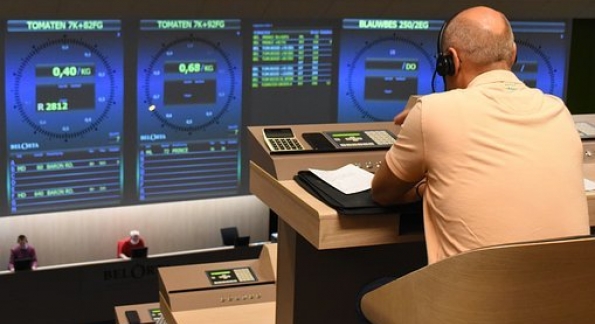Cooking is a basic necessary need to survive, but around 2.8 billion people globally do not have access to modern technology. To do so they have to cook with unsustainable and unreliable means of energy such as biomass and kerosene in small, unprepared kitchens. As a result, those who cook tend to develop respiratory illnesses. Who pays the price? Mostly women and children. As they spend more time indoors, they suffer worst health outcomes and therefore get sick more frequently than men. However, this can be improved by switching to clean energy.
Posdoctoral researcher Imelda...
Cooking is a basic necessary need to survive, but around 2.8 billion people globally do not have access to modern technology. To do so they have to cook with unsustainable and unreliable means of energy such as biomass and kerosene in small, unprepared kitchens. As a result, those who cook tend to develop respiratory illnesses. Who pays the price? Mostly women and children. As they spend more time indoors, they suffer worst health outcomes and therefore get sick more frequently than men. However, this can be improved by switching to clean energy.
Posdoctoral researcher Imelda...

Esta pieza de opinión fue publicada originalmente en el Diario de Navarra el 13 de octubre con motivo de la concesión del Premio Nobel de EconomÃa 2020 a los profesores de la Universidad de Stanford, Paul R. Milgrom y Robert B. Wilson. El autor es el investigador residente del NCID, Raúl Bajo-Buenestado.
Quizás el lector haya ido esta mañana al mercado a comprar pescado fresco; o quizás haya escrito un mensaje de texto a un familiar usando su teléfono móvil; o puede que haya repostado en alguna estación de servicio ubicada en nuestra red de autopistas. ...






